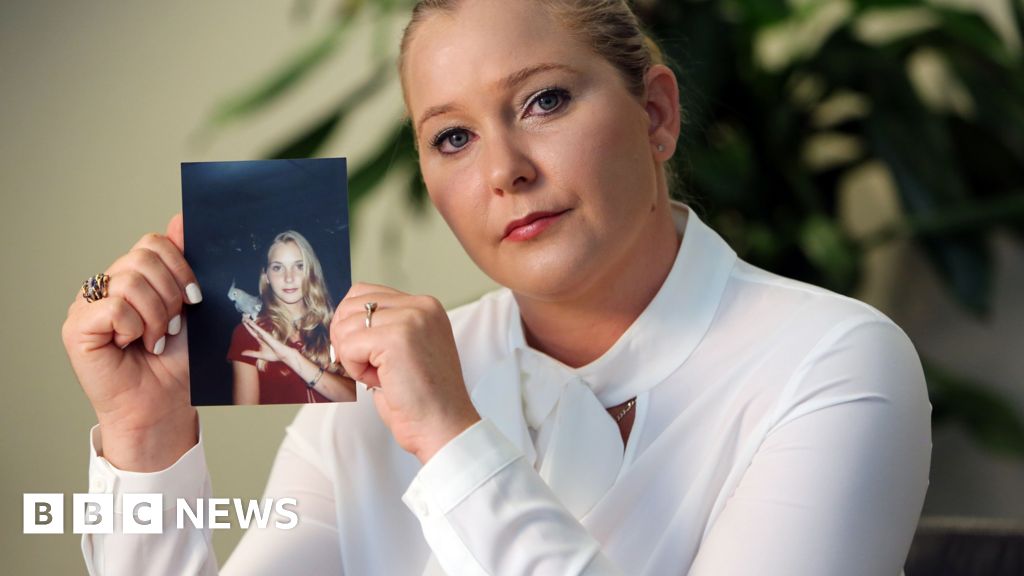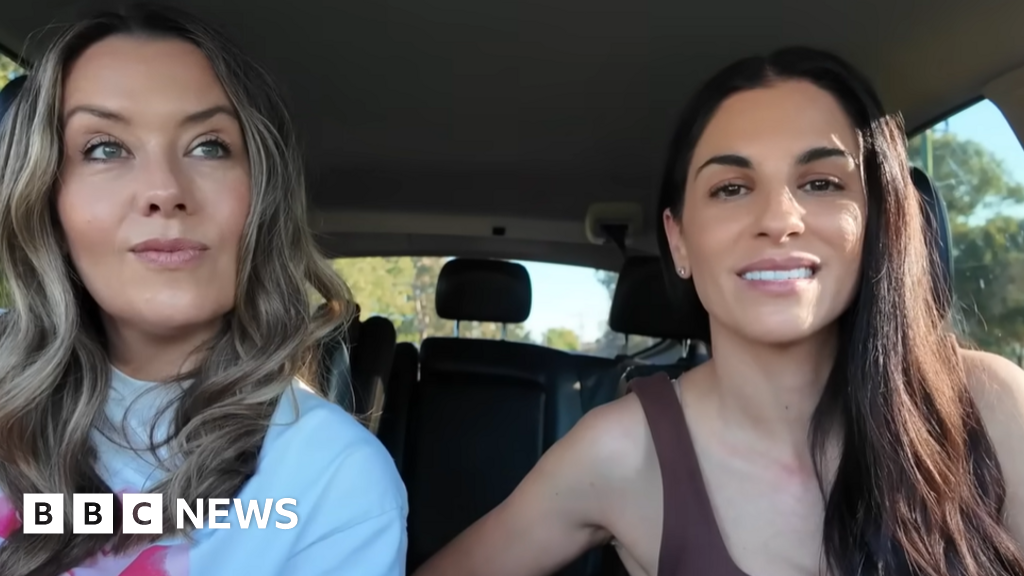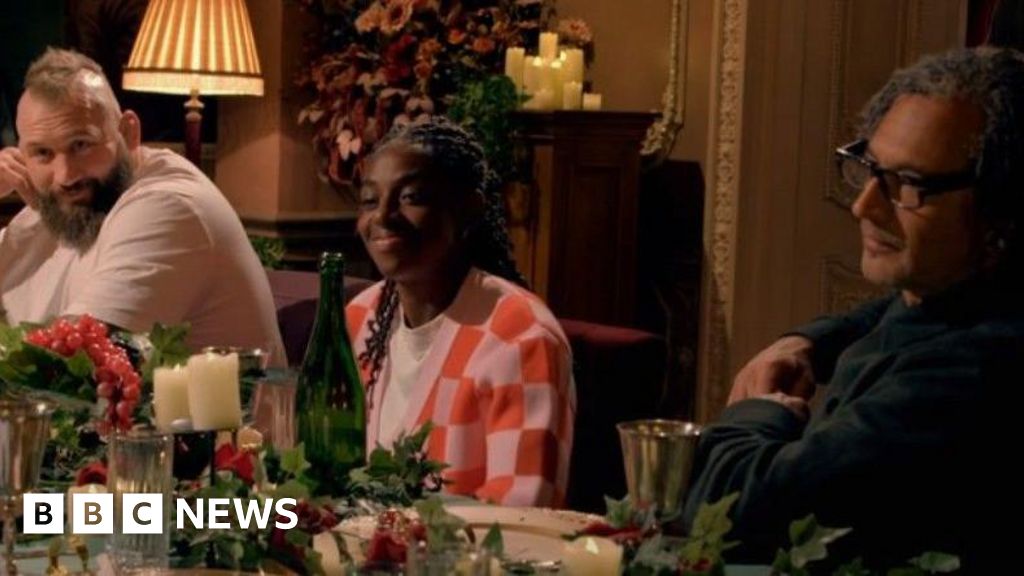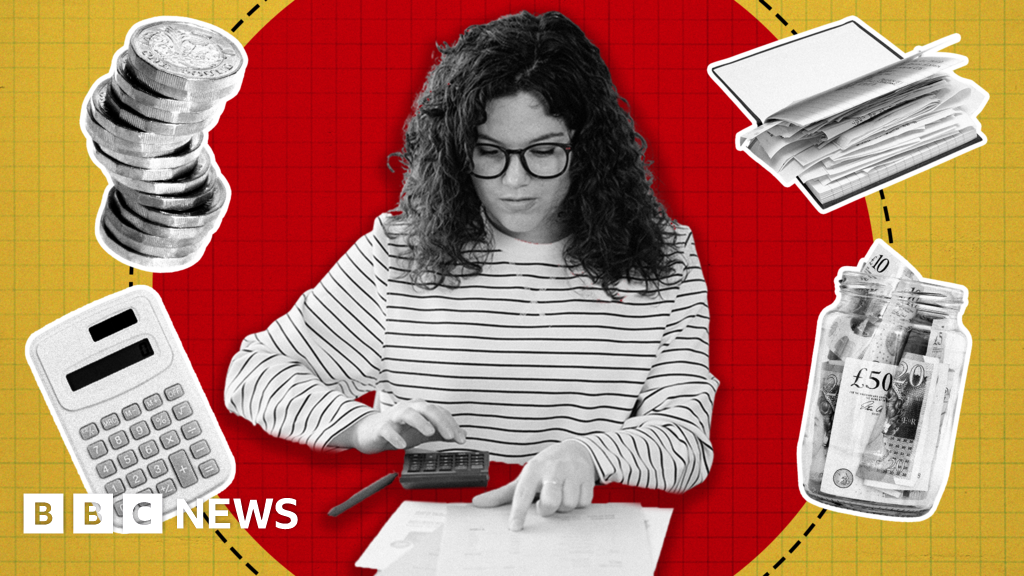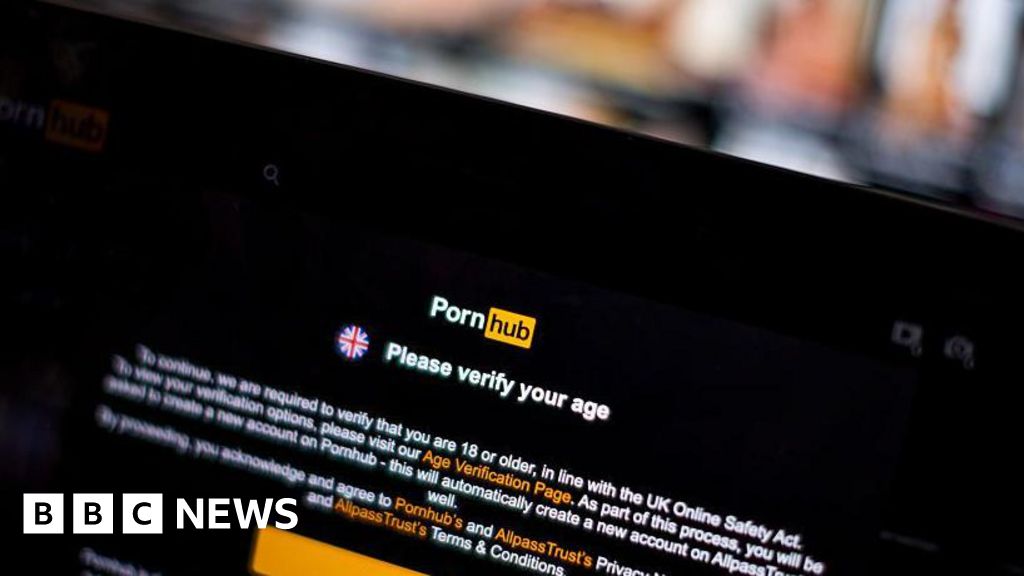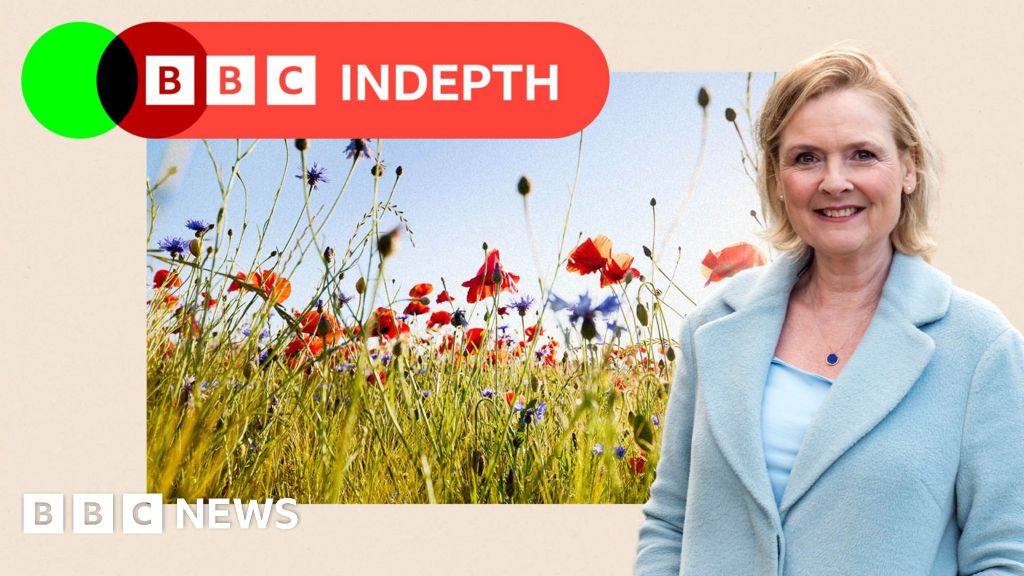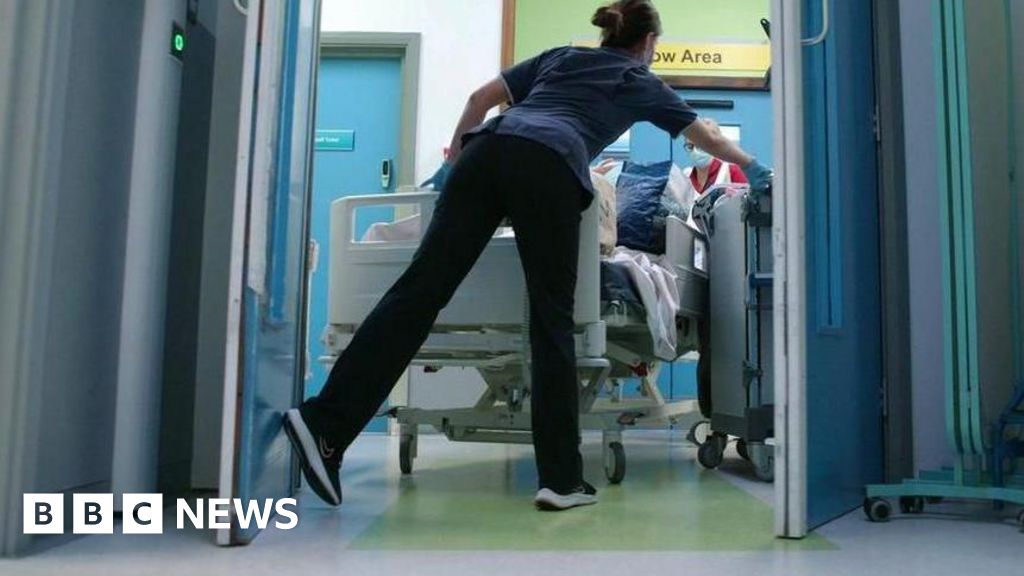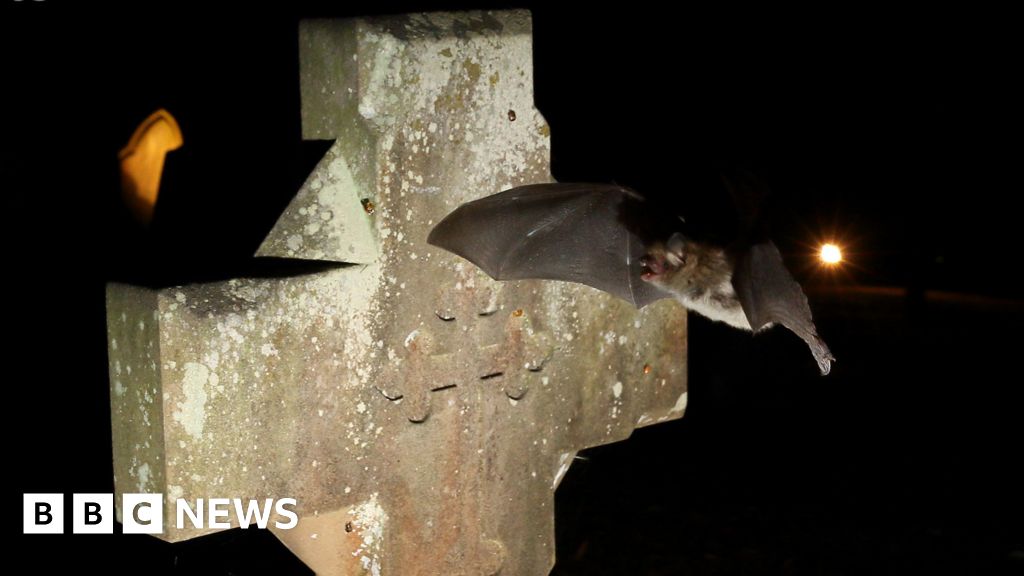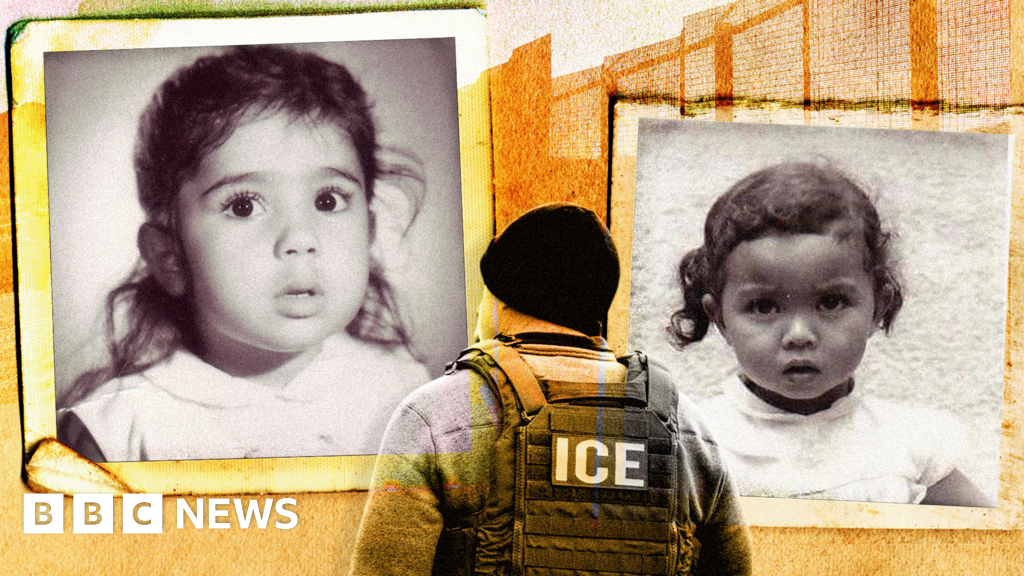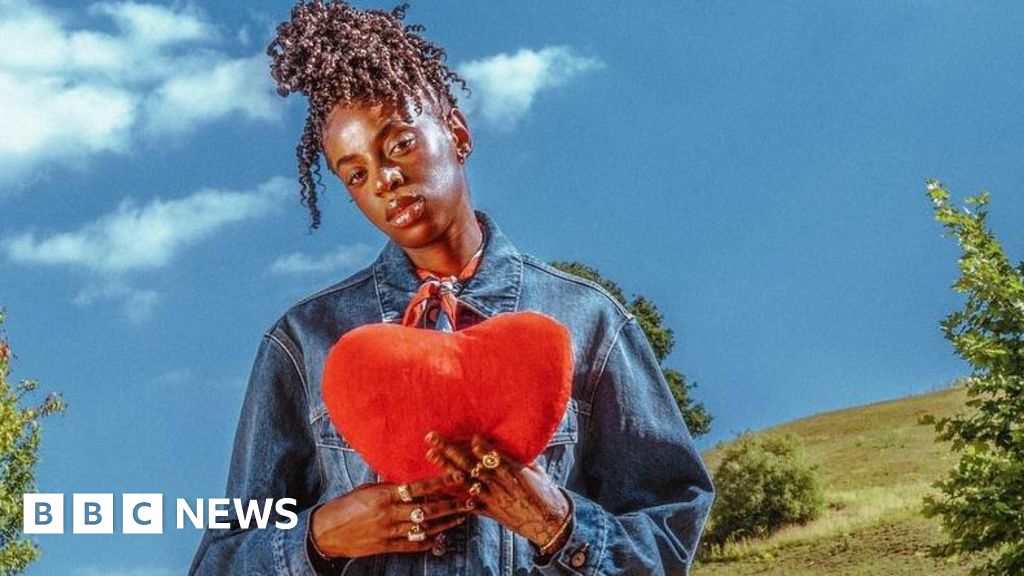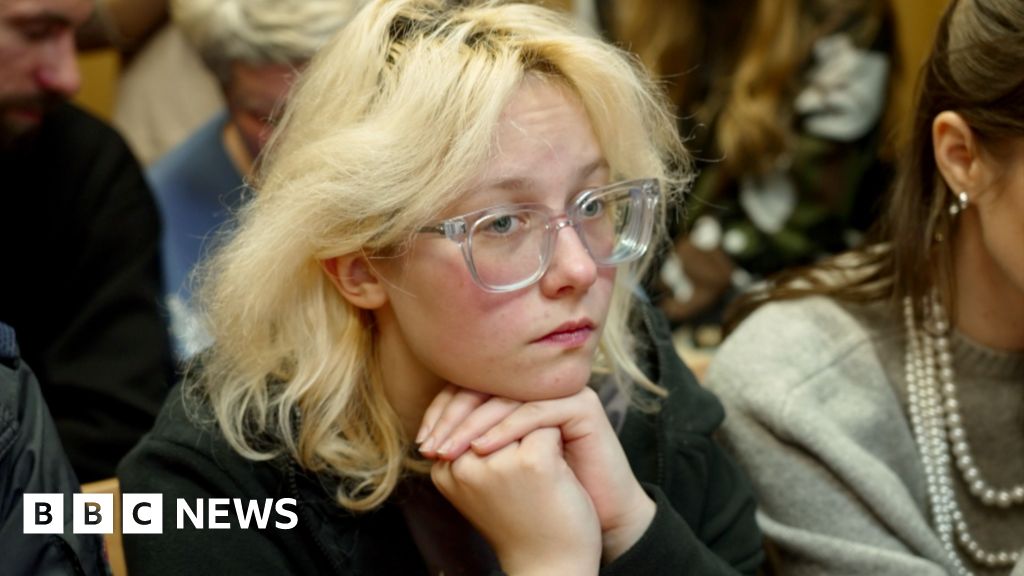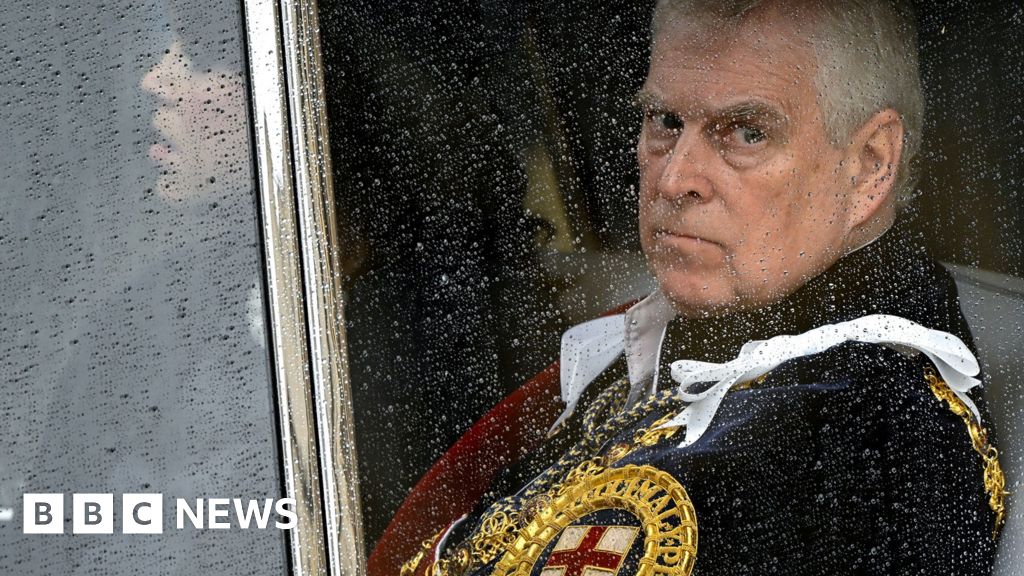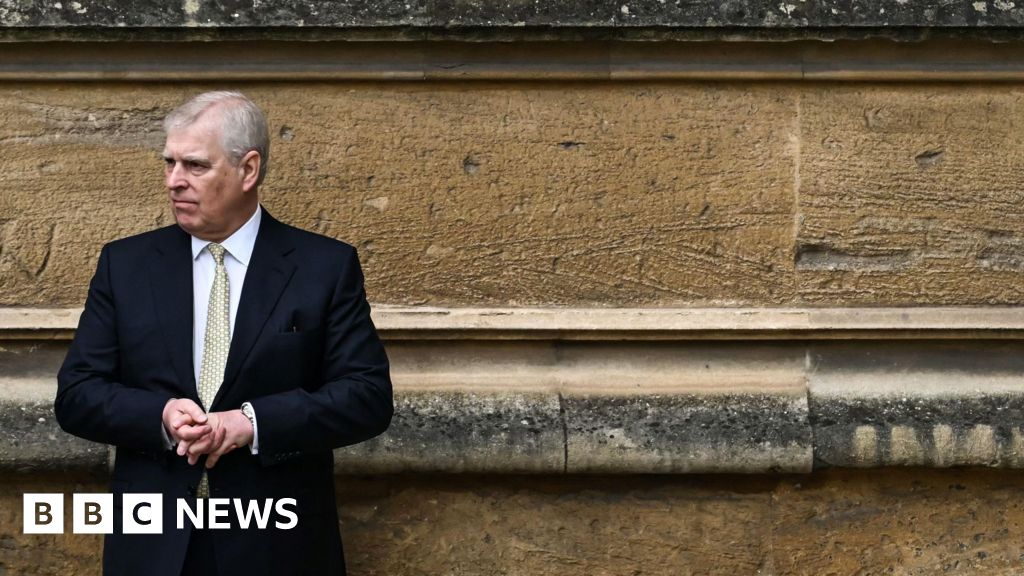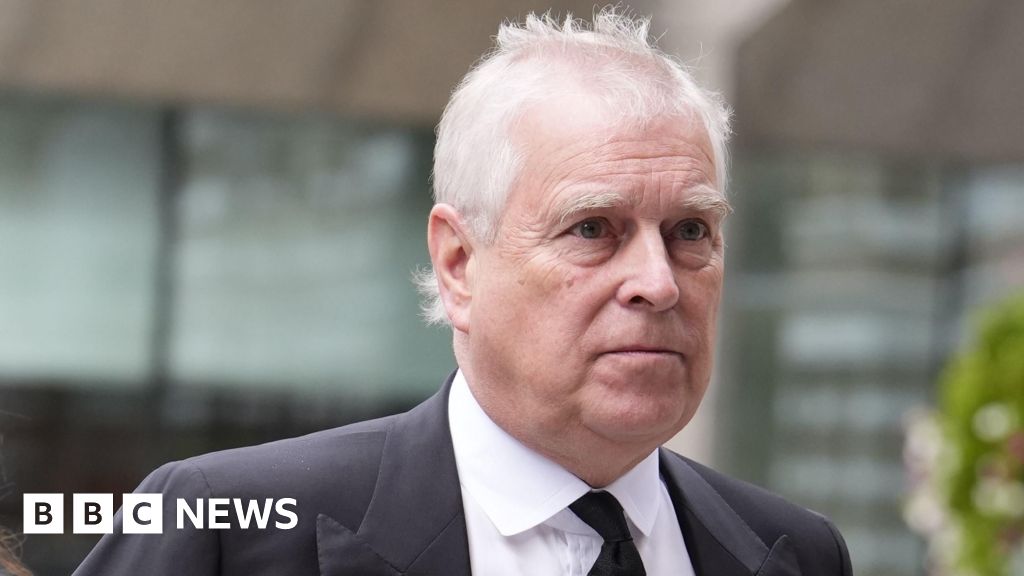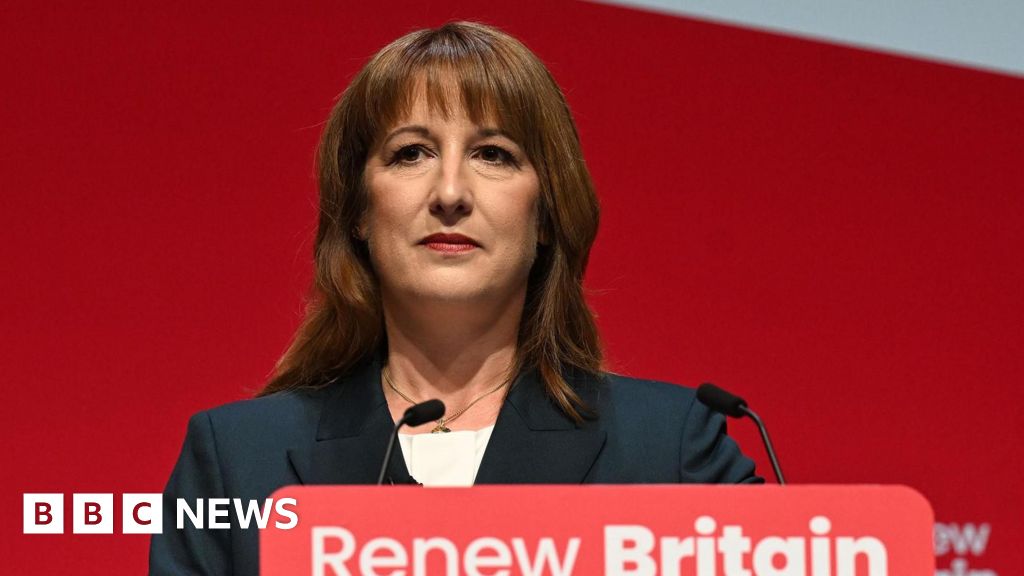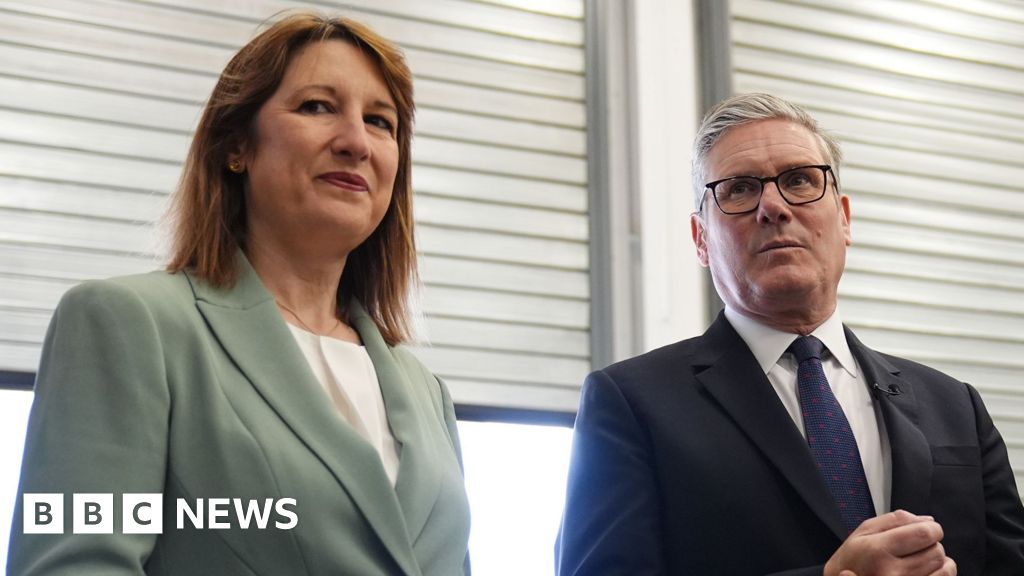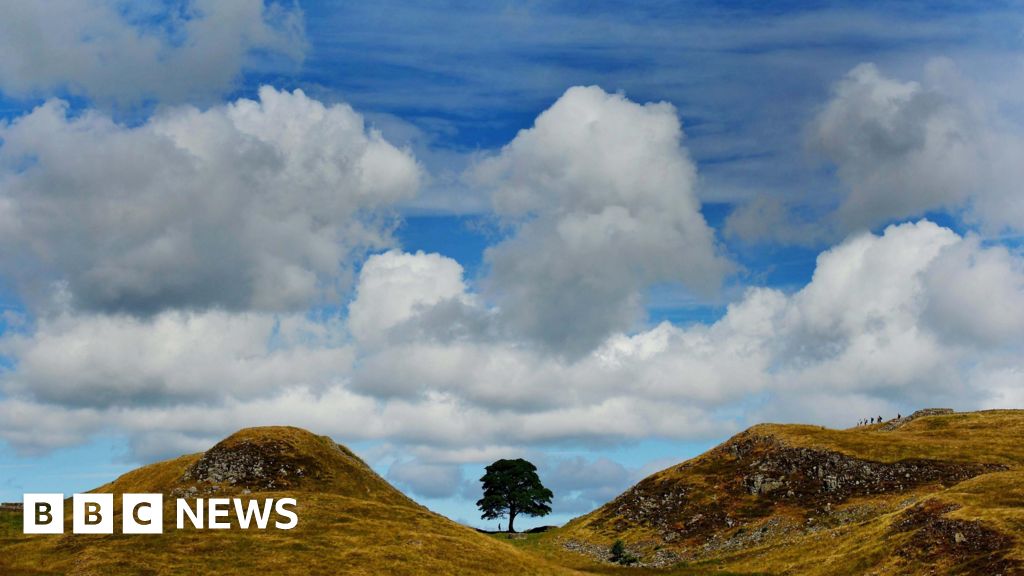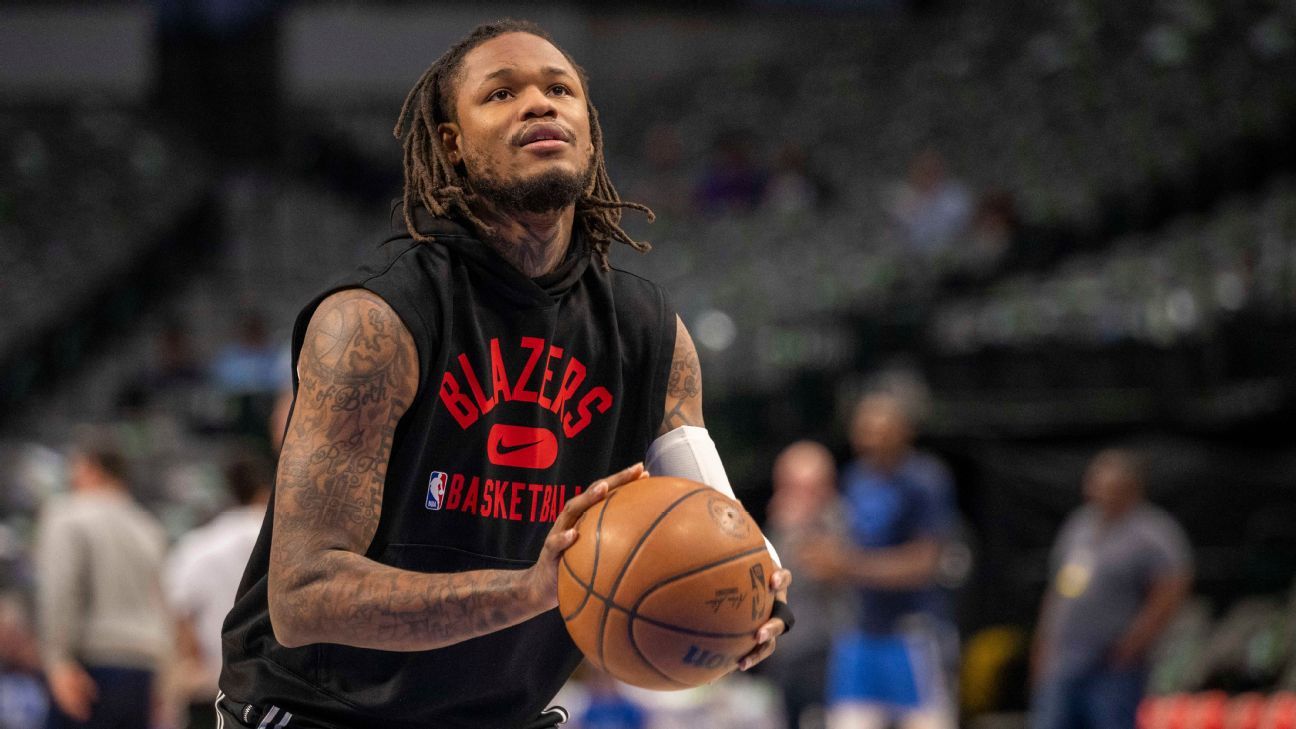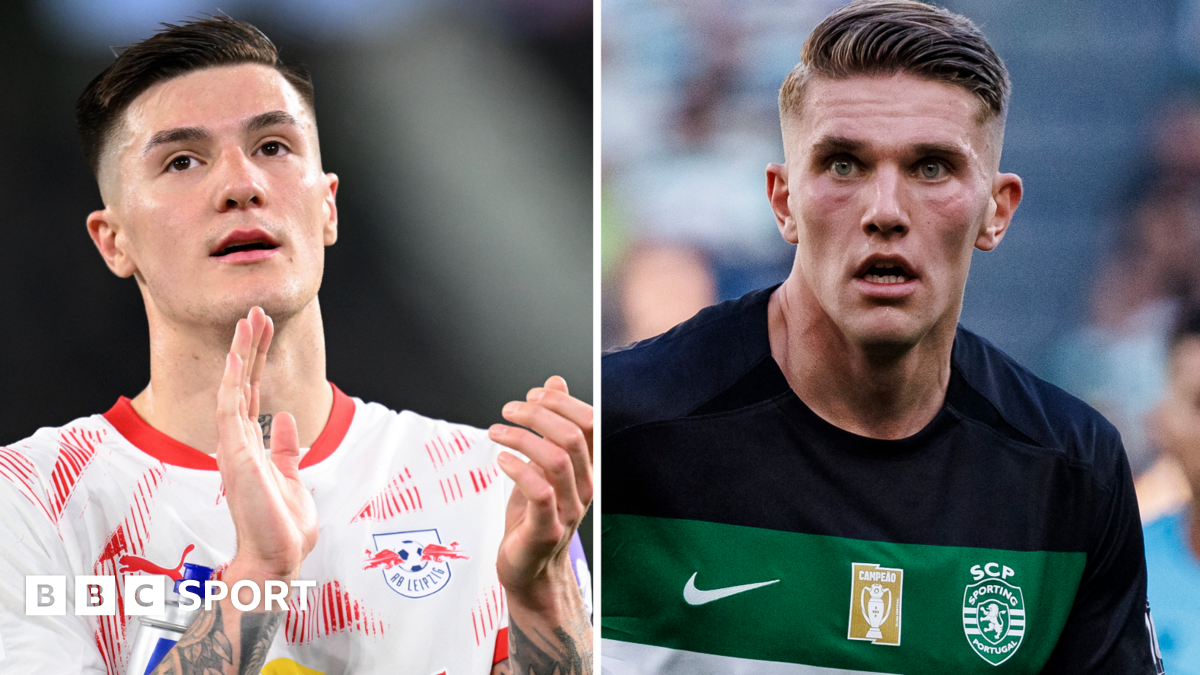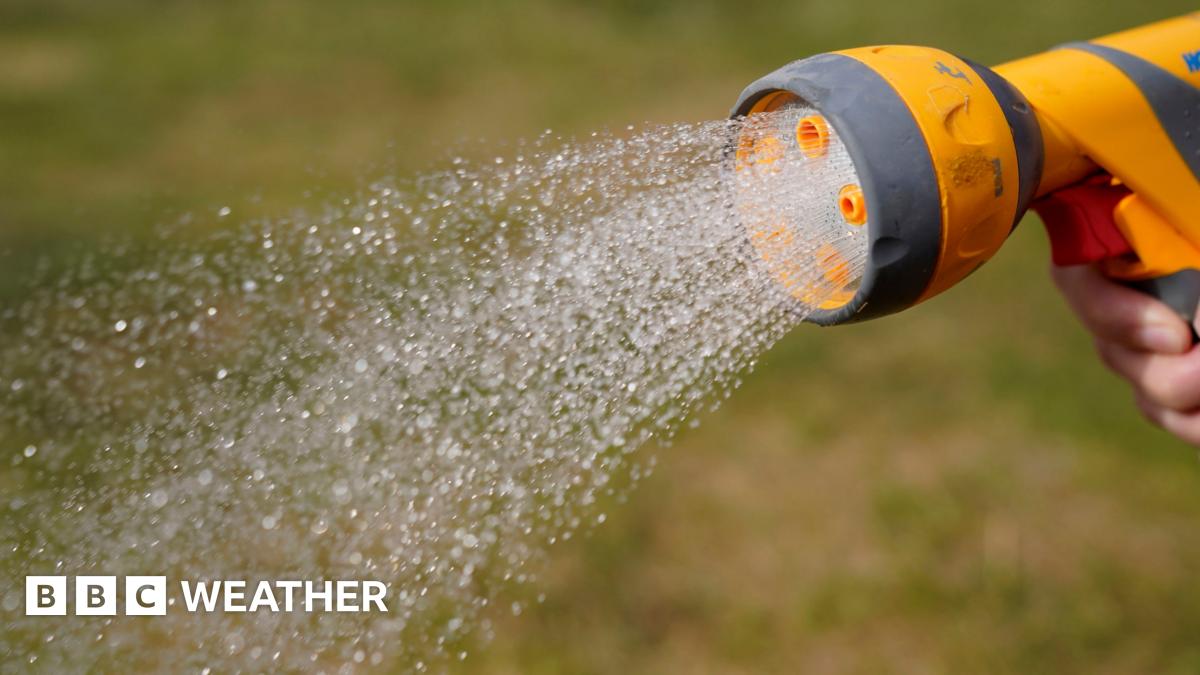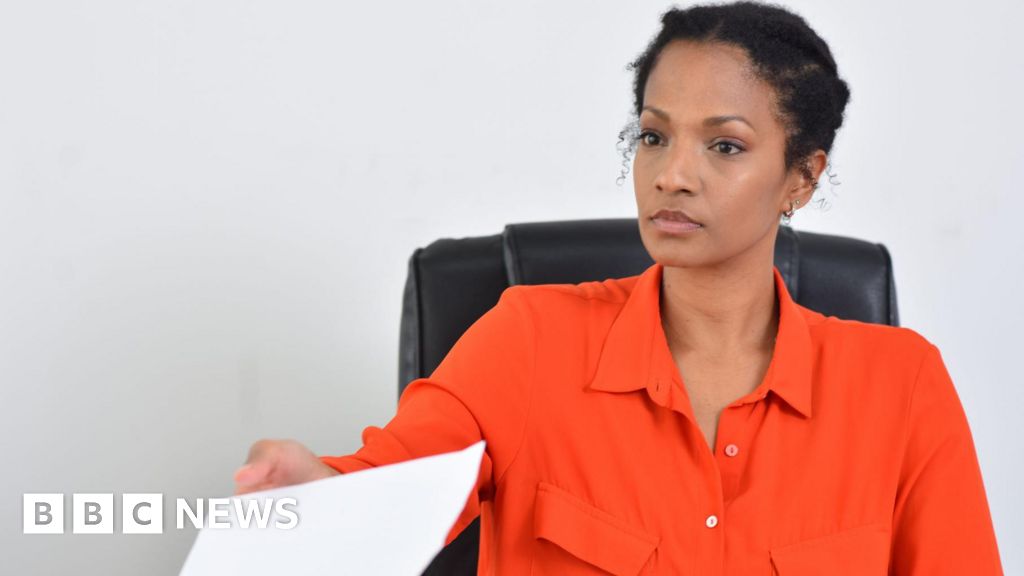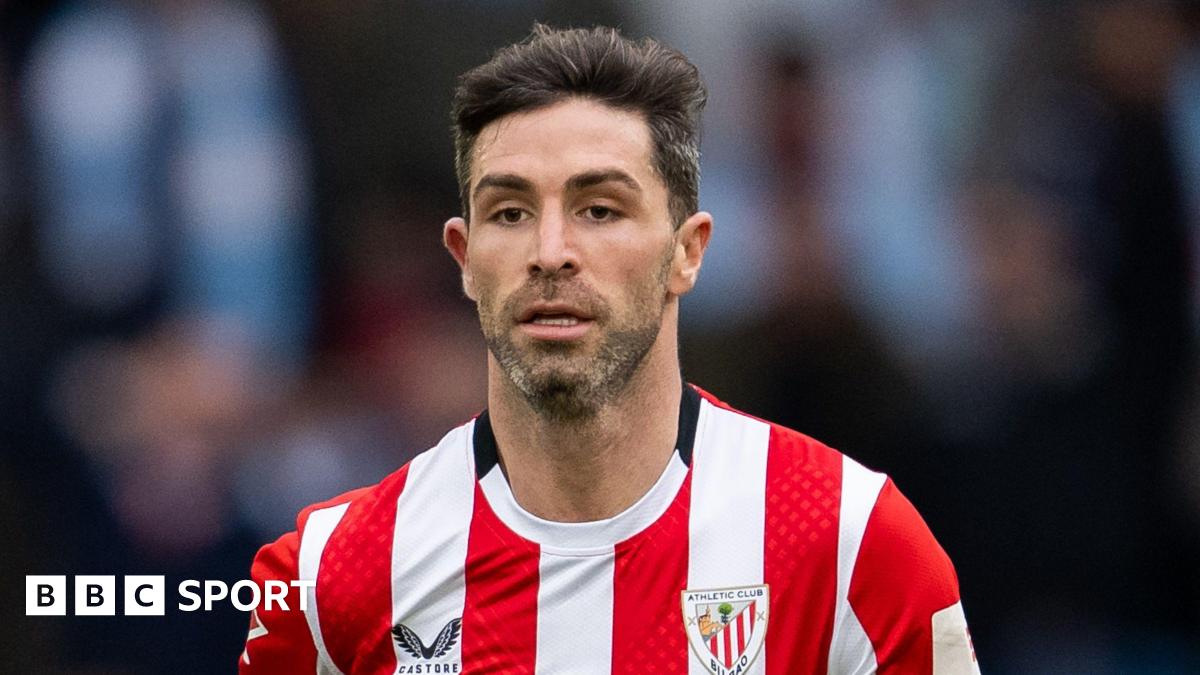Vanessa Clarke
Education reporter

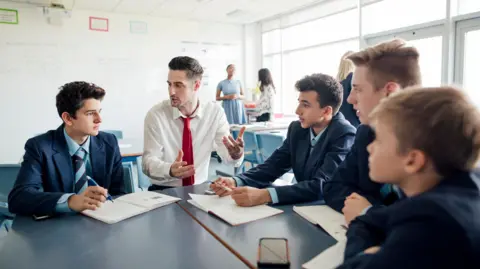 Getty Images
Getty Images
Recognising misogyny, the harms caused by so-called "deepfakes" and unhealthy attitudes towards consent will be taught in sex education classes under new government guidance for schools.
Pupils will be taught "how to identify and learn from positive male role models", according to parts of the final draft of the relationships, sex and health education (RSHE) guidance seen exclusively by the BBC.
Schools in England should also "proactively" engage with parents to make sure they are aware of what is being taught, the guidance will say.
But plans to impose age limits on certain subject areas, proposed by the previous Conservative government just before last year's election, will not go ahead.
That earlier draft guidance had suggested sex education should not be taught before Year 5, while topics like sexual harassment and pornography should not be taught before Year 7.
Instead, the government will outline areas that should be introduced in primary school and what students should learn about by the end of secondary school in the final draft of its guidance, due to be published later today.
The Department for Education (DfE) says it will mean children don't get taught things they are too young for, without assigning specific ages to each individual topic.
Parents will have the right to view all of their school's RSHE curriculum materials, which the charity Parentkind has welcomed.
Frank Young, from the charity, says it's important that teachers consult with parents first to understand what is age appropriate for their child "so that we put parents in the driving seat".
The new guidance, which schools will take on from this autumn, will come into full legal force from September 2026.
It will say primary schools must cover respectful relationships, boundaries, and the risks of sharing information and images online.
And it is expected to recommend that conception, birth and puberty is taught in Year 5 or Year 6 - but this is not compulsory.
Primary school teachers may also decide to discuss the sharing of naked images or online sexual content if it is affecting pupils in the school, or if they are aware students have seen pornography, under the new guidance.
By the end of secondary school, students should be taught how to keep themselves and others safe, including how to avoid sexually transmitted infections and unplanned pregnancies.
Additions in the secondary school curriculum are expected to include lessons on:
- The sexual norms endorsed by so-called "involuntary celibates" (incels) or online influencers
- AI-generated sexual imagery and deepfakes
- How pornography links to misogyny
- Sexual ethics beyond consent and the awareness of power dynamics

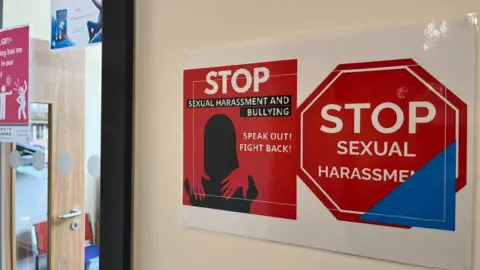 Hope Rhodes / BBC
Hope Rhodes / BBC
The RSHE guidance will say schools should take action to build a culture where sexism and prejudice is identified and tackled
The guidance will advise secondary schools to work closely with mental health professionals on how to discuss suicide prevention in an age-appropriate way.
Fathers Andy Airey, Mike Palmer and Tim Owen, the founders of Three Dads Walking who each lost a daughter to suicide, have welcomed its inclusion, saying it will "save lives".
RSHE became compulsory in schools in England in 2020.
All pupils must take part in relationships education, which doesn't involve explaining the detail of different forms of sexual activity, but can cover sensitive topics such as sexual violence in order to keep children safe.
Parents have the right to request that their child be withdrawn from some or all of sex education, but students can choose to opt back in from three terms before they turn 16.
The government is expected to release its separate guidance for schools around children who are gender-questioning soon.
Announcing the RSHE guidance, Education Secretary Bridget Phillipson said the behaviour and attitudes of boys and young men "is one of the challenges facing us today".
Schools and parents have a vital role to play in "helping children identify positive role models and resist the manipulation too often used online to groom impressionable young minds," she added.

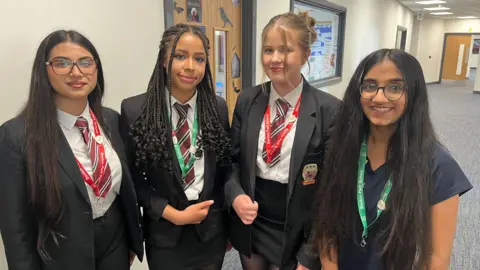 Hope Rhodes / BBC
Hope Rhodes / BBC
Students at Benton Park School say school assemblies and workshops on tackling and reporting sexual harassment have encouraged pupils to speak up
At Benton Park School in Leeds, head teacher Nik Skilton says teachers have to be "really careful" when it comes to talking to students about inappropriate online content, so that they don't highlight something to young people that they aren't already being exposed to.
"But, on the flip side, we've also got to make sure that we are supporting young people to protect themselves," he said.
Mr Skilton says schools need some flexibility in how they approach these topics, because each school has different issues to deal with.
The RSHE guidance will encourage schools to build a more positive culture, making staff and pupils aware of the danger of stereotypes and prejudice.
Benton Park School has reported a decrease in the number of students experiencing sexual harassment in school since it adopted a whole-school approach to tackling such issues.
Nuraniya, one of the student ambassadors at the school, believes social media is fuelling sexism and sexual harassment because "they appear so much on everyone's pages, on their phones, that they think it's normalised".
She says it has become a lot easier to "call it out" because of the skills the school has given her.
Classmate Karman agrees, saying she now feels like she has a voice to say: "This is not okay".

 3 months ago
74
3 months ago
74
